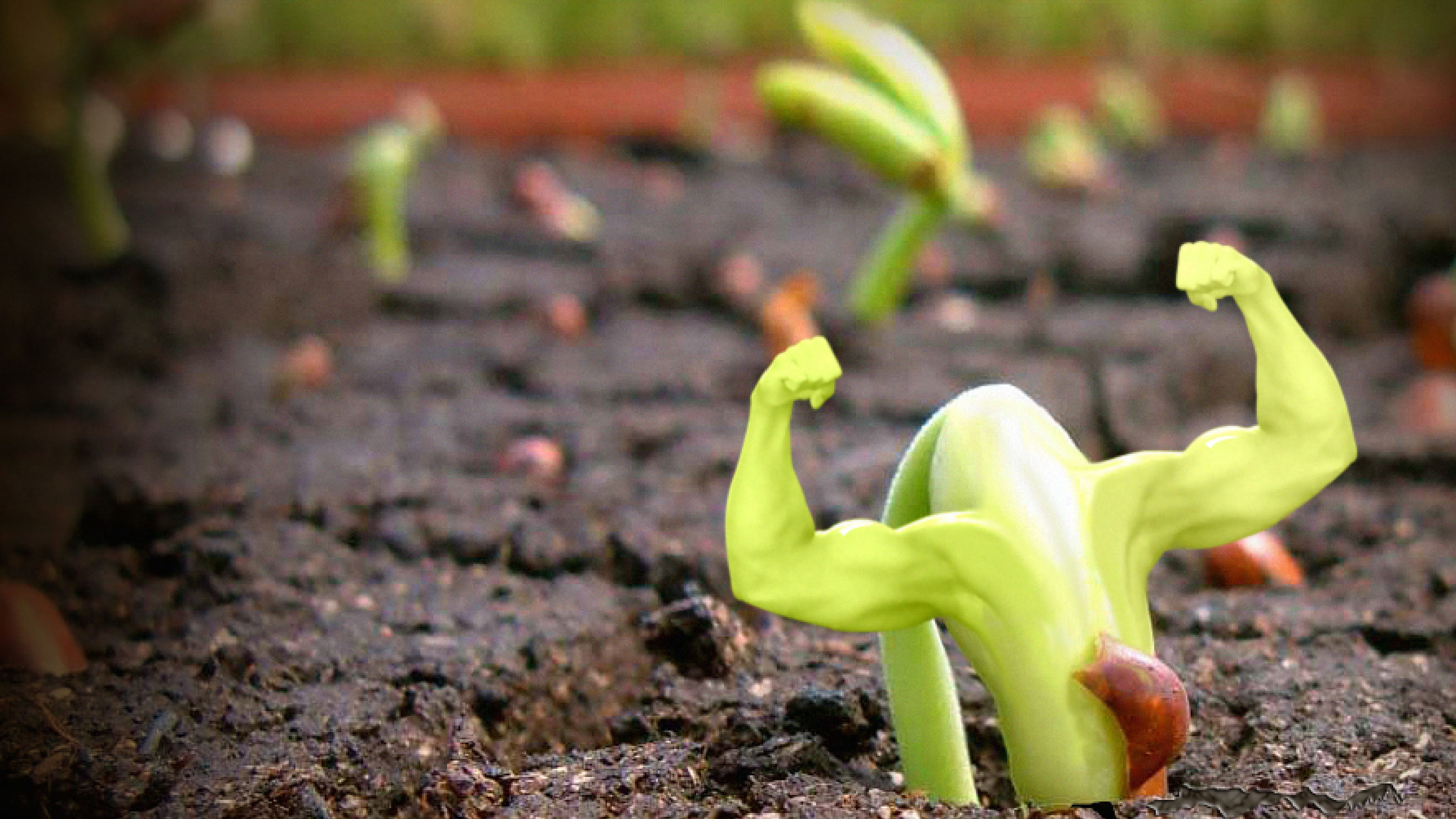
Where do you get your Protein?
Every single food you eat has protein in it so in terms of getting enough on a vegan diet you will get plenty. (Have you ever heard of anyone with a protein deficiency?) If you are eating a wide variety of fruits and veggies you are getting all eight essential amino acids required by the body for all its protein needs (even for exercise or sport). Fruits & Veggies are premium, sufficient sources of amino acids, the building blocks of protein which our cells (primarily those of the liver) use to synthesize ALL of its protein. The body in fact recycles 80% of the protein it makes! If you are looking for higher protein foods, beans, legumes, lentils all have a great amount of protein.
Here is an excerpt from the book 80/10/10 by Dr. Douglas Graham:
Whole Food Nutrition or Fragmented Nutrition?
Empty calorie foods, or “junk foods,” are defined as calorie sources sans full nutrient content. Refined calorie sources, whether they are protein, fat, or carbohydrates, supply empty calories. We generally think of sugar and empty calories as being synonymous. Refined starches (e.g., flour products) also qualify as empty calories, even though the general public may think of them as “healthy carbs.” Refined oils, too, must be recognized as empty calorie foods, since they are neither whole foods nor do they provide the full complement of nutrients found in the original source. Of course, protein powders of all types also qualify as empty calories as they fit the definition perfectly. It is sometimes difficult to accept that our beloved supplements are no more than junk foods. Nevertheless, flax or any other oil, hemp or any other protein powder, white flour, and refined sugar all fall into the same category: empty calories. When you add any of them to your fruits and vegetables, you turn healthy food into junk food.
Rather than ask, “Where do you get your protein?”, consumers of such refined, isolated empty calories should be asking, “Where do you get your nutrients?” Protein from a can is no more nutritious than sugar from a bag or oil from a bottle; all of these items qualify as junk when compared to whole foods.
Protein Does Not Build Muscle!
Some may argue that we need to eat great volumes of protein in order to build muscle mass. In fact, if we wish to be able to exercise with sufficient intensity to spur growth in our muscles and related structures, we need to consume sufficient carbohydrates to meet our fuel needs—preferably from fruit.
Since protein is one of the three caloronutrients (along with carbohydrates and fats), protein fuel demands rise only when one’s diet is deficient in carbohydrates (as the body is forced to convert the protein into carbohydrates—a very inefficient, energy-draining process).
Eating protein does not build muscle. Muscular growth results from placing a strength overload upon the muscles and then supplying adequate conditions for recovery. Repeatedly using this overload and recovery strategy results in steady and reliable muscular growth and development. The quality of tissue developed will be determined by the foods eaten, and the highest quality tissues will develop as a result of eating fruits and vegetables.
Protein, per se, is not actually used by the body to build new tissue. When foods are eaten, their constituent proteins are broken down during the digestive processes into ever smaller particles: proteoles, polypeptides, dipeptides, and, eventually, amino acids. The amino acids travel to the liver where they are recombined and constructed into the specific proteins needed at any given time. Not only is it a fallacy that protein will result in muscle growth, but the concept that the body needs specific proteins, from fish, meat, eggs, etc. is also fallacious. The body breaks down all proteins into their component amino acids before recombining them. Eating the muscles from animals will not result in our developing bigger muscles. As an analogy, eating animals’ eyes will not improve our vision, nor will eating their brains increase our intellect.
